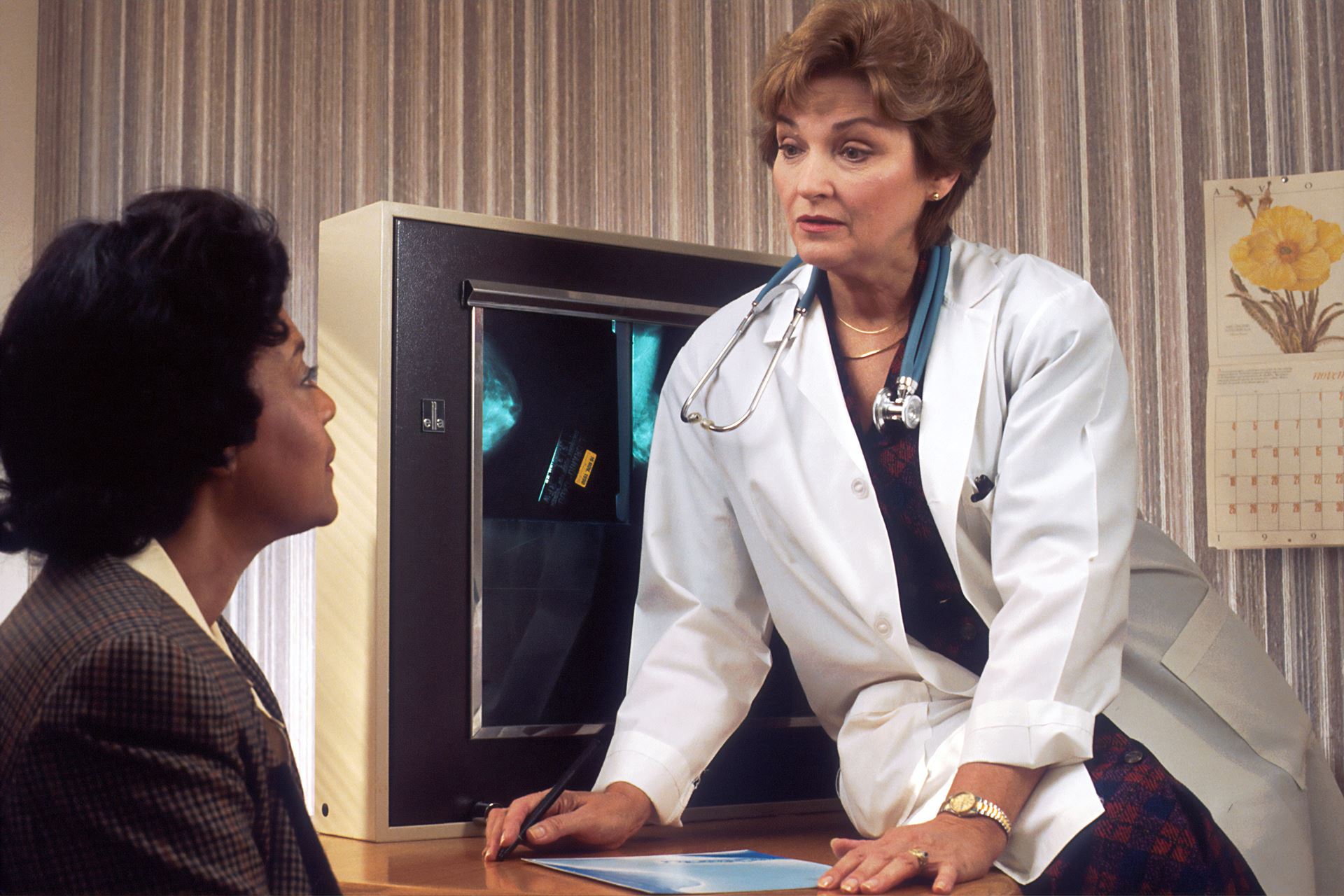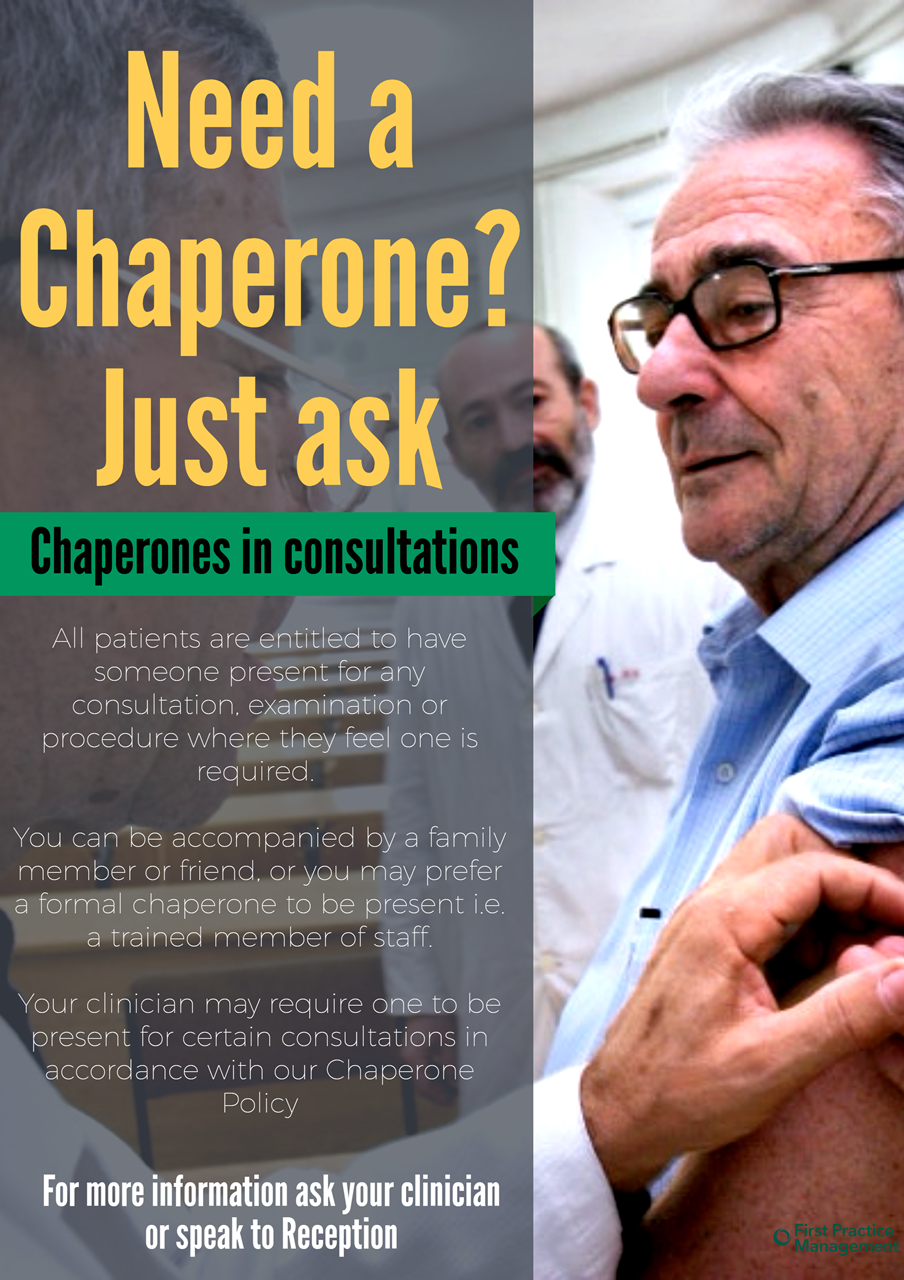About Your Appointment
Most GP/Nurse appointments last an average of seven minutes - so by the time you've walked in, said hello, explained why you're there and been examined, there's not a lot of time left for small talk.
In fact, research suggests most people only remember a maximum of three facts from a consultation and many leave having forgotten to ask a key question.
Use the following tips to make the most out of your time with your doctor.

Be Prepared
Make a list of any questions, problems or symptoms you want to discuss before you see your GP.
Have a pen and paper with you to note down any points you might otherwise forget.
If you need an interpreter, be sure to let the surgery know in advance so they can sort this out for you.
Wear loose clothing if it's likely you'll need to be examined.
You may also need to tell your doctor about any non-prescription medicines or supplements you are taking, so write these down beforehand.
And if you prefer, or are anxious about seeing your doctor, you can bring someone with you for support.
You can also ask the practice to provide a chaperone if you feel uncomfortable being examined on your own.
During the Appointment
Don't be afraid to ask questions! If you don't understand something, ask your doctor to repeat it or write it down.
If you're prescribed a drug, make sure you know why it's been given to you and how long to take it for.
If you forget to do this at the time, pharmacists are experts in medication and a very useful source of advice.
Be direct: if you have a problem that you find difficult to discuss, don't wait until the end of the appointment or when you're about to leave.
No matter how embarrassing you think your problem is, your GP will have heard it many times before.
What If I Have Lots of Questions?
Try to only talk about one problem at a consultation.
If you have several problems, it's better to concentrate on the main problem than rush through lots and not be satisfied with the doctor's response to any of them.
Be prepared to make another appointment to sort out each problem individually.
What About Children?
Make a separate appointment for each member of the family rather than try to squeeze their problems into the consultation 'while I'm here'.
Always accompany under 14-year-olds, but remember that if a teenager strongly wishes to be treated without their parent's involvement, that confidentiality will be respected.
End of The Appointment
Make sure that at the end of a consultation all your questions have been answered and you understand:
- What might be wrong
- If you need any further tests
- What treatment is best for you
- What happens next
- Who you should contact
